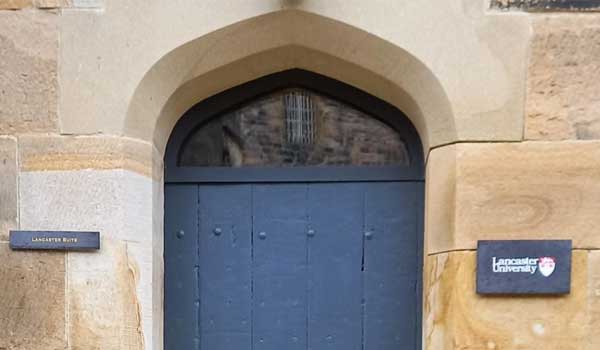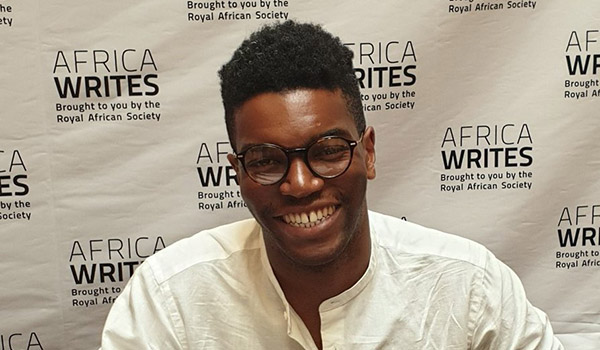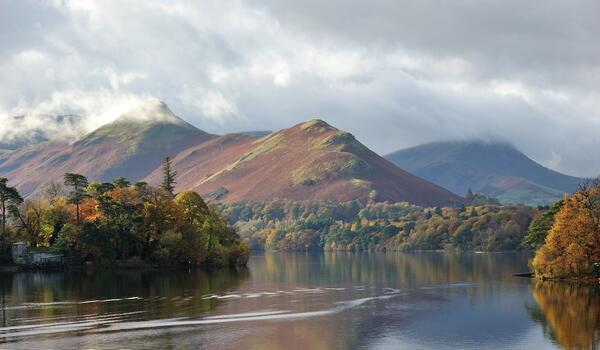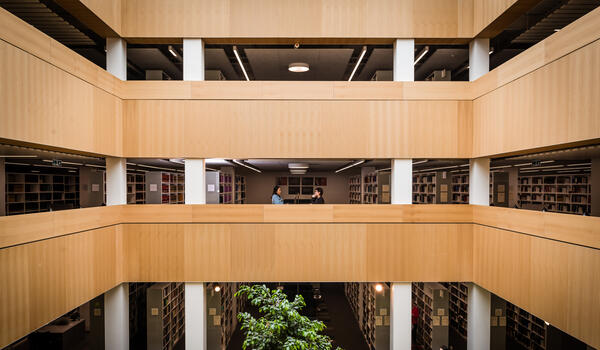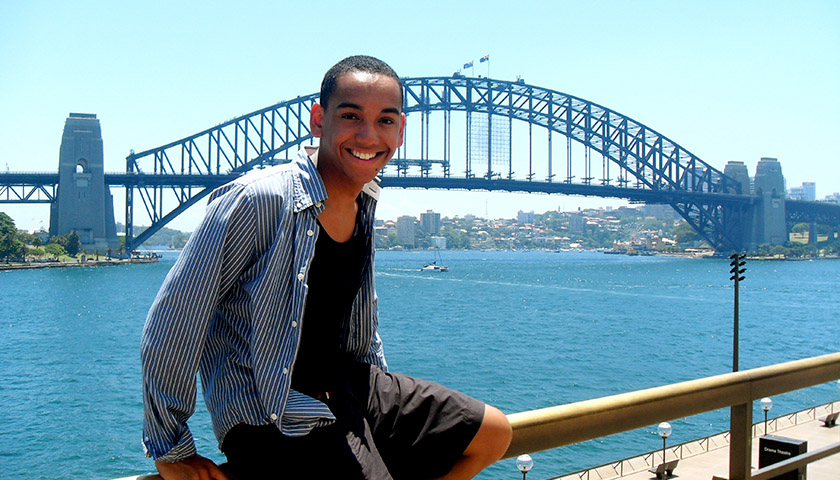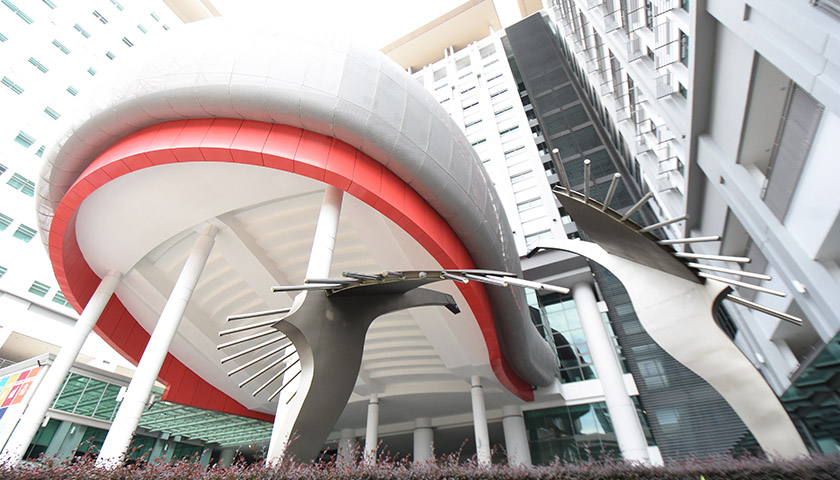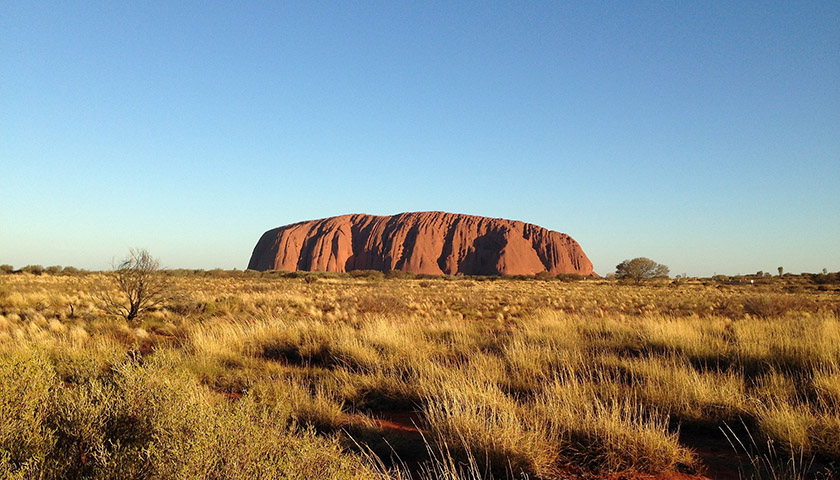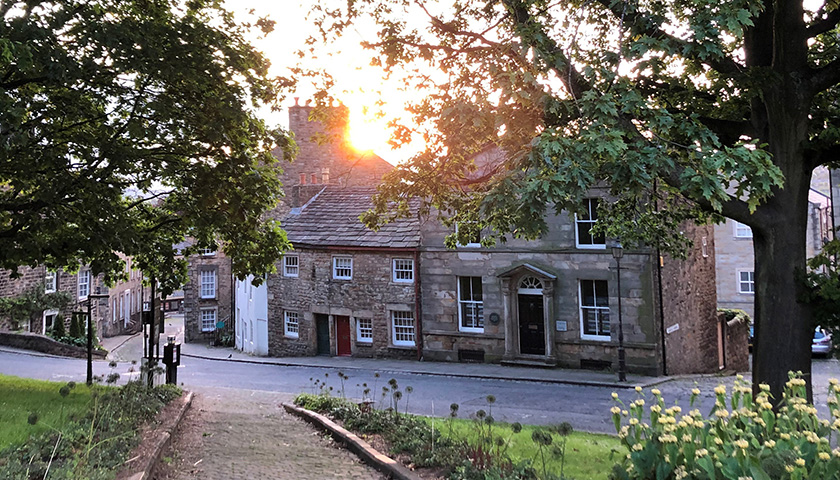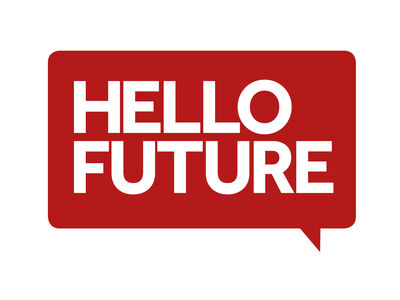From the sonnet to the novel, and theatre to video-games, you will hone your craft with extensive professional support from our many celebrated novelists, poets, and playwrights. You’ll be part of a vibrant culture with literary events in the city’s Castle Quarter, multiple student-run literary journals, visiting authors, and opportunities to present your writing live.
Why Lancaster?
- Develop your creative voice while also studying literature from classical civilisation to the present day
- Enhance your writing through both text-based writing experiments and workshops focusing on your own writing
- Explore the professional dimensions of Creative Writing, such as performing your work, editing, publishing, and marketing
- Get involved with our four student-run literary journals: Cake, Lux, Flash, and Errant and our partners, the city-based LitFest
- Be inspired by our rich programme of literary events on campus, online, and in the city’s historic Castle Quarter
- Gain experience writing for graphic novels and comics thanks to our connections with the Lakes International Comics Arts Festival and our unique graphic novel collection in our campus library
- Enjoy the benefits of our partnership with the archive-rich Wordsworth Museum, including internship opportunities in the English Lake District
English Literature and Creative Writing
Your time will be divided evenly between English Literature and Creative Writing.
Explore creative forms
Lancaster was one of the very first UK universities to teach Creative Writing. Today we continue to lead the way in the discipline with celebrated authors as tutors and students who go on to publish their work. Follow in the footsteps of celebrated authors such as Camille Ralphs, Andrew McMillan, Martha Sprackland, and Daisy Johnson, the youngest-ever author shortlisted for the Man Booker Prize.
In your own writing you will be able to explore traditional forms such as the short story, the novel, poetry, or scriptwriting, as well as non-traditional forms such as digital media, game writing, screenwriting, fantasy, and writing for young adults.
Acts of reading
You will also have the chance to explore texts from ancient civilisations to the present day studying the great names in literature, as well as voices that have been forgotten or overlooked.
We believe that reading is not passive but active. It is something that acts upon both the texts that we read and the world in which we live; and neither those texts nor the world is left the same. We are pioneers in experimental or creative forms of literary criticism as well as encouraging the study of established forms of literary scholarship, such as archival work, historicism, close reading, and literary theory. We support our students to dive deep, and experience literature in new and immersive ways.
A vibrant cultural community
We run many special literary events both on campus but also in spectacular locations such as the medieval Lancaster Castle, the awe-inspiring Priory or the archive-rich Wordsworth Centre at Grasmere in the Lake District. These events include:
- Talks from visiting scholars and authors
- Study retreat day in the Lake District
- Social events such as the October Lecture and May Gathering
Lancaster also has a vibrant and exciting comics scene. We were the first institution to ever appoint a Professor in Graphic Fiction and Comic Art and our students can also benefit from our connection to the Lakes International Comics Art Festival which offers them professional and networking opportunities to develop their work in this field.
These events offer a sense of community and friendship through your studies. However, you can also take the opportunity to be more involved in organising, marketing and hosting these events. You will get to feel a part of something and develop your professional skills at the same time.
Literary Lancaster - Lancaster University
Gain valuable professional experience
If you are interested in writing, publishing, and editing you could choose to get involved in one of our four student-run literary journals: Cake, Flash, Lux and Errant. You might volunteer to help at Lancaster’s Literature festival which attracts well-known authors from around the world (including some of our own author-tutors).
You could also apply for one our residential internships at Wordsworth Grasmere.This course offers a way into many professions by ensuring you develop such important work-place skills as researching, drafting, editing, listening, persuading and presenting. Your degree in English Literature and Creative Writing opens a world of opportunities where critical and creative thinking are highly valued.



